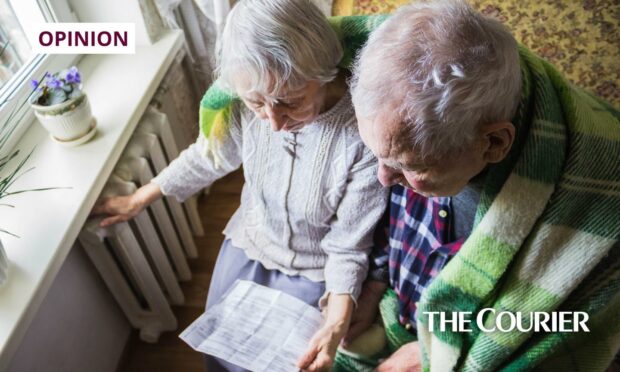As is so often the case when a national crisis blows up, the impact on the economy and the political ramifications tend to dominate.
Big numbers, big business and big solutions frame the debate and the micro impact can be lost.
As a result, the voices of those whose lives are most impacted are all too easily ignored.
The current energy crisis is following the well-worn route.
Outrage in the corridors of power is creating a lot of heat and very little substance to help those facing hardship.
But there is a perfect storm brewing.
Everything you need to know about the new winter of discontent – from the energy crisis to labour shortages, inflation, tax rises and benefits cuts https://t.co/djKLOKyfkW
— Ian Dunt (@IanDunt) September 23, 2021
Rising food and energy prices, the removal of the Universal Credit uplift for those most in need and continued uncertainty in the labour market as a result of Brexit and Covid are causing a huge amount of anxiety and stress.
Energy crisis means impossible choices
For some, the camel’s back has already been broken.
But for many others – including many on a supposedly living wage – a hike of any type in their gas or groceries bill may very well be the last straw.
The choice of heating or eating is no choice at all.
But it’s one many more families living on or below the breadline will face this winter.
It is an utterly unacceptable position for anyone in modern Britain to find themselves in.
And is the marker of a system that isn’t listening and is failing the people it is entrusted to help.
Governments must listen and act
Governments will say there’s no magic money tree. There’s no wand that can solve the the world’s problems at a stroke.
That is correct.
But compassion costs nothing.
And it costs nothing to listen to those most impacted and to create policy that ensures they are not left behind.
The idea that “them who work the hardest are the least provided” was captured so eloquently by Dundee mill worker and activist Mary Brooksbank in the early years of the last century.
That we are still talking about it today is a tragedy.
Finding a remedy is a challenge for us all.
